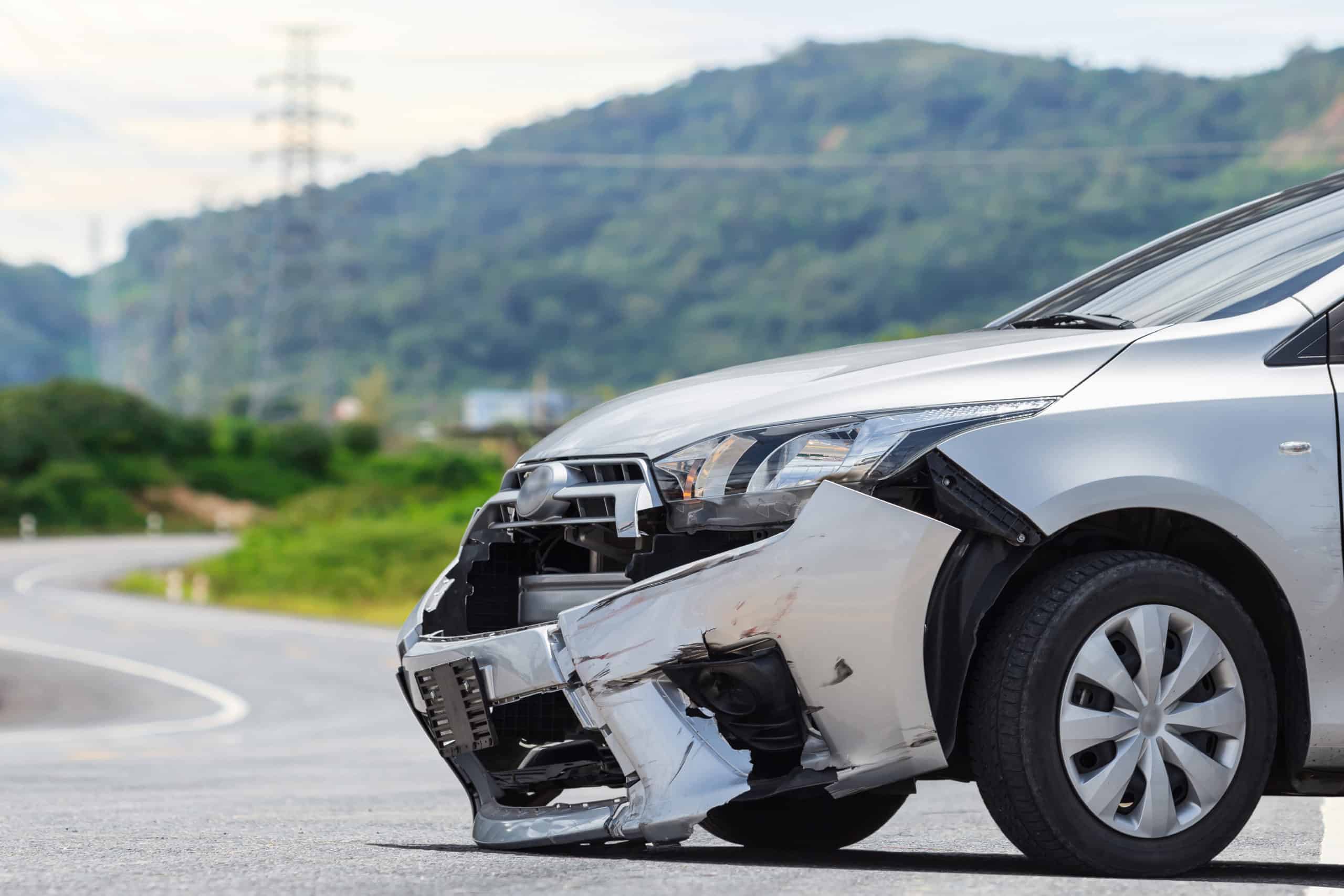Why Might My Car Accident Claim Go to Court?

If you were hurt in a wreck and you’re hoping to hold the at-fault party accountable, it’s still natural to be wary of going to court. While the damages might be adding up fast, you have enough to worry about without having to navigate complex legal proceedings.
Fortunately, most valid car accident claims are settled. As long as they’re supported by compelling evidence of both liability and losses, insurers are usually willing to negotiate.
There are some scenarios, however, in which arriving at a satisfactory settlement proves impossible. In these situations, filing a formal lawsuit is often the only way for the injured party to seek the compensation they deserve.
Let’s take a look at the kinds of scenarios that most often lead to litigation:
1. The Claims Adjuster Disputes the Policyholder’s Liability
If the insurer does not believe their policyholder was to blame for the accident, they’re not going to be inclined to negotiate. As such, the strength of the evidence you present is going to have a major impact on the trajectory of your claim.
While the strongest pieces of proof will come down to the circumstances surrounding the crash, they will probably include at least a few of the following:
- Dash camera footage,
- The official police report,
- Evaluations from accident reconstruction experts,
- Black box data,
- Eyewitness testimony,
- Photographs of the wreckage,
- Cell phone records, and
- Vehicle maintenance logs.
2. The Claims Adjuster Challenges the Victim’s Credibility
Since there are people out there who are not above committing insurance fraud, carriers are always on the lookout for illegitimate claims. As such, they have all kinds of strategies for gauging a claimant’s credibility, from monitoring social media activity to scrutinizing medical records.
If the carrier believes they have cause to challenge some aspect of your case, negotiating for a settlement may be impossible. This is why personal injury attorneys advise clients to stay off social media and avoid saying anything on record as long as their claim is pending. Doing either only opens the door for misunderstandings down the road.
3. The Claim Allegedly Lacks Sufficient Evidence of Losses
Because Florida is a “no-fault” state, car accident victims can only proceed with a third-party claim if they meet the serious injury threshold. Consequently, if the evidence they present does not convince the carrier that they do, settling is unlikely.
Should they choose to proceed to court in such a scenario, they’re going to have to find more compelling evidence to demonstrate the extent of their damages. Such evidence might include medical records, hospital bills, receipts for replacement services, and documentation logging any lost wages.
Speak with a Florida Car Accident Attorney
Was your life forever changed because of a drunk, drowsy, or distracted driver? For help picking up the pieces in the aftermath, turn to Emerson Straw.
Our tenacious team has secured more than $27 million on behalf of our valued clients. Call (727) 821-1500 or submit the Contact Form on our website to schedule a free initial consultation with a car accident lawyer in Florida.
